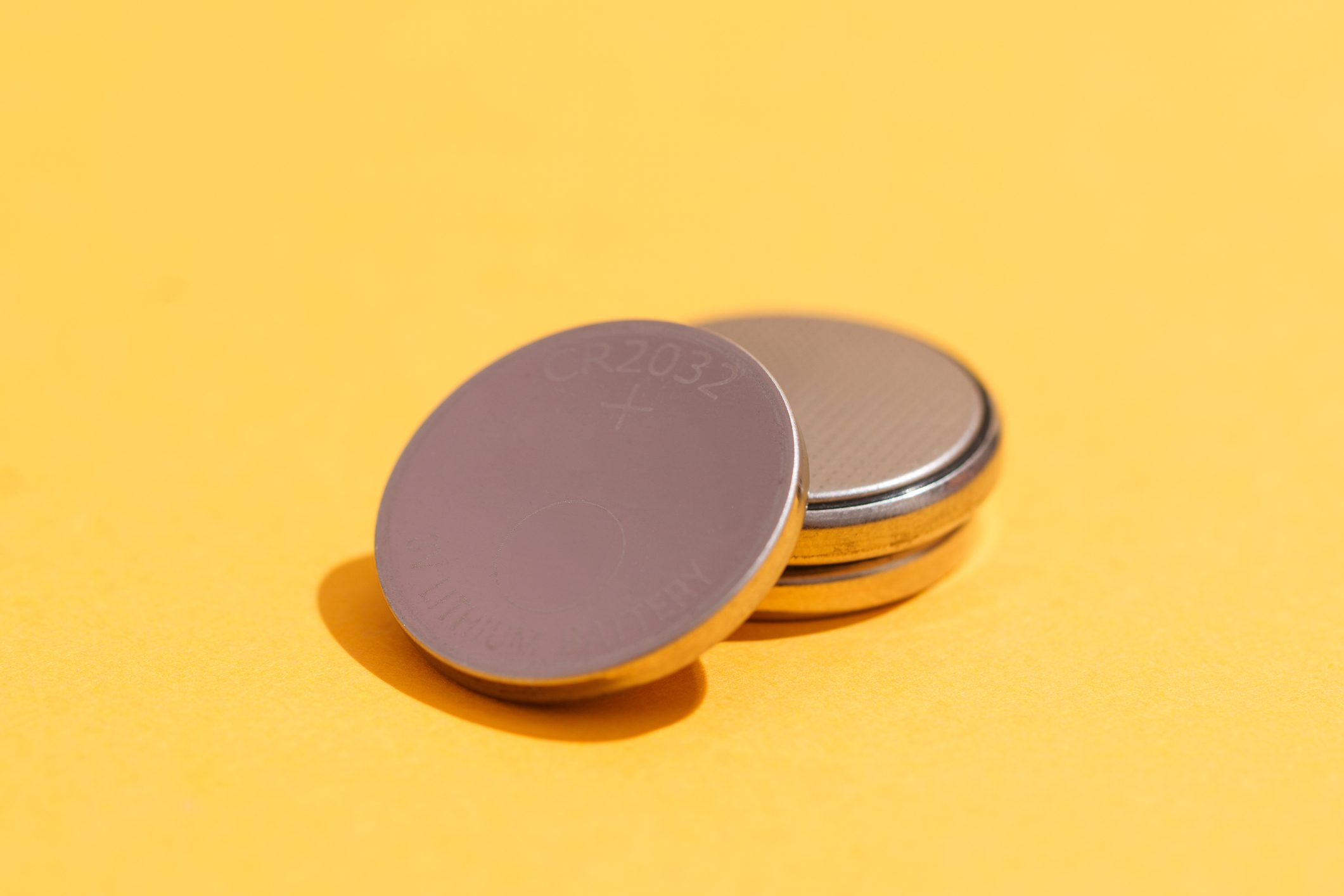A national agency's announcement backs up a critical concern that some grown-ups had been sharing on social media.

12,000 Batteries Sold at Walmart, Amazon and More Recalled for Child Danger

National data suggests more than 2,800 children are treated medically each year after ingesting batteries, with some of those resulting in fatality. Especially around the time of year when new toys and electronics mean batteries are within more frequent reach, some figures took to social media this holiday season to inform parents of the risk.
Button batteries are said to be of unique hazard, thanks in part to surface flatness that makes them easy to swallow. Some can turn the tongue blue, and in many cases it seems the unpleasant taste isn’t enough to repel a child’s taste buds.
On January 2, 2025, the national Consumer Safety Product Commission highlighted this risk when it published a consumer advisory on button batteries that appear to have been sold at Walmart, Amazon, and other retail outlets. The CPSC says “about 12,000” batteries are of concern, as the agency is “warning consumers to immediately move TIANQIU AG4 and AG6 alkaline button cell batteries to a secure storage location away from children.” The reason for the warning, the CPSC advisory states, is that the packaging is not child-resistant as required by Reese’s Law.
Product details include the following:
- Imported from May 2023 through August 2024
- 10 batteries per package
- Brand TIANQIU followed by the battery type, AG4 or AG6, in the top right-hand corner
Passed in 2022 as a result of patient ingestion cases and named after Reese Hamsmith—an 18-month-old child from Texas who died in December 2020 after eating a button battery—Reese’s Law was passed for the following purposes, according to Congressional text:
[…To] establish a product safety standard with respect to batteries that pose an ingestion hazard (i.e., button cell or coin batteries) and consumer products containing the batteries.
Specifically, the batteries and consumer products with these batteries must include a warning label that clearly identifies the hazard of ingestion and instructs consumers to keep the batteries out of the reach of children, seek immediate medical attention if a battery is ingested, and follow any other consensus medical advice. Consumer products containing the batteries must also include a battery compartment that eliminates or adequately reduces the risk of injury from battery ingestion by children who are six years of age or younger.
Additionally, such batteries, if sold separately or included separately with a product, must comply with federal child-resistant packaging regulations.
The CPSC’s January 2 safety warning states: “If a child swallows a button cell or coin battery, it can cause serious injuries, internal chemical burns or death.” The commission has also issued a Notice of Violation to the Florida-based importer, East Sun Wholesale Inc. The company name “Tianquiu” suggests the product may have been manufactured in China.
Walmart was one retailer that published the January 2 recall announcement.
Stay informed on wellness updates with The Healthy by Reader’s Digest newsletter and follow The Healthy on Facebook and Instagram. Keep reading:
- Over 14 Million Pain Medications Sold at Walmart, CVS, Amazon, and More Have Been Recalled
- 2 Products for Children Have Been Recalled Nationwide for Serious Health Risks
- Sandwich Ingredients Have Been Recalled in 19 States
- At Age 5, He Almost Drowned—Now Olympian Cullen Jones Wants Our Kids To Have Swim Lessons



















